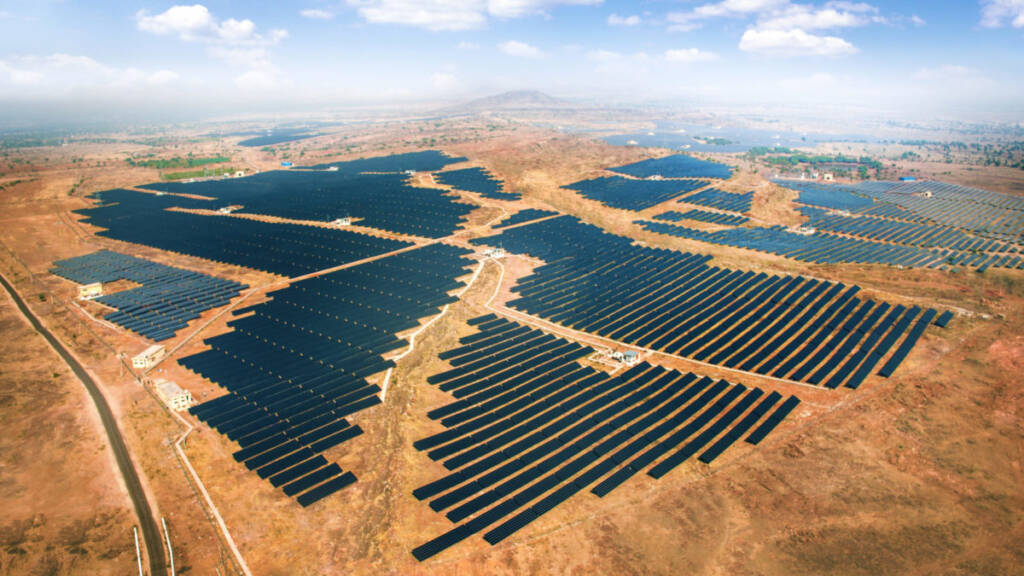In the face of growing climate crises, extreme weather events, and deteriorating air quality, the need to reduce greenhouse gas (GHG) emissions has never been more urgent. Emission reduction is not just an environmental imperative—it is a socioeconomic and health necessity. For nations, industries, and communities alike, it represents a shift toward a more equitable, clean, and resilient future.
A Pathway to Climate Resilience and Sustainable Development
At Sudd Green Energy, we understand that emission reduction is the cornerstone of global climate action. Our work in renewable energy, sustainable infrastructure, and clean technology is aligned with the international goal to limit global warming to well below 2°C, in accordance with the Paris Agreement.


Emission reduction refers to strategies and actions aimed at minimizing the release of pollutants—especially carbon dioxide (CO₂), methane (CH₄), nitrous oxide (N₂O), and fluorinated gases—into the atmosphere.
Reducing Emissions Matters
Mitigating Climate Change: GHGs trap heat in the atmosphere, leading to rising temperatures, sea-level rise, and climate disruptions. Reducing emissions slows this trend.
Air pollutants from combustion (like particulate matter and nitrogen dioxide) are linked to respiratory diseases, heart conditions, and premature death.

Replacing fossil-fuel-based electricity with solar, wind, and hydropower reduces CO₂ emissions significantly. Our solar installations across communities in South Sudan are already helping cut diesel generator use and the resulting emissions.



